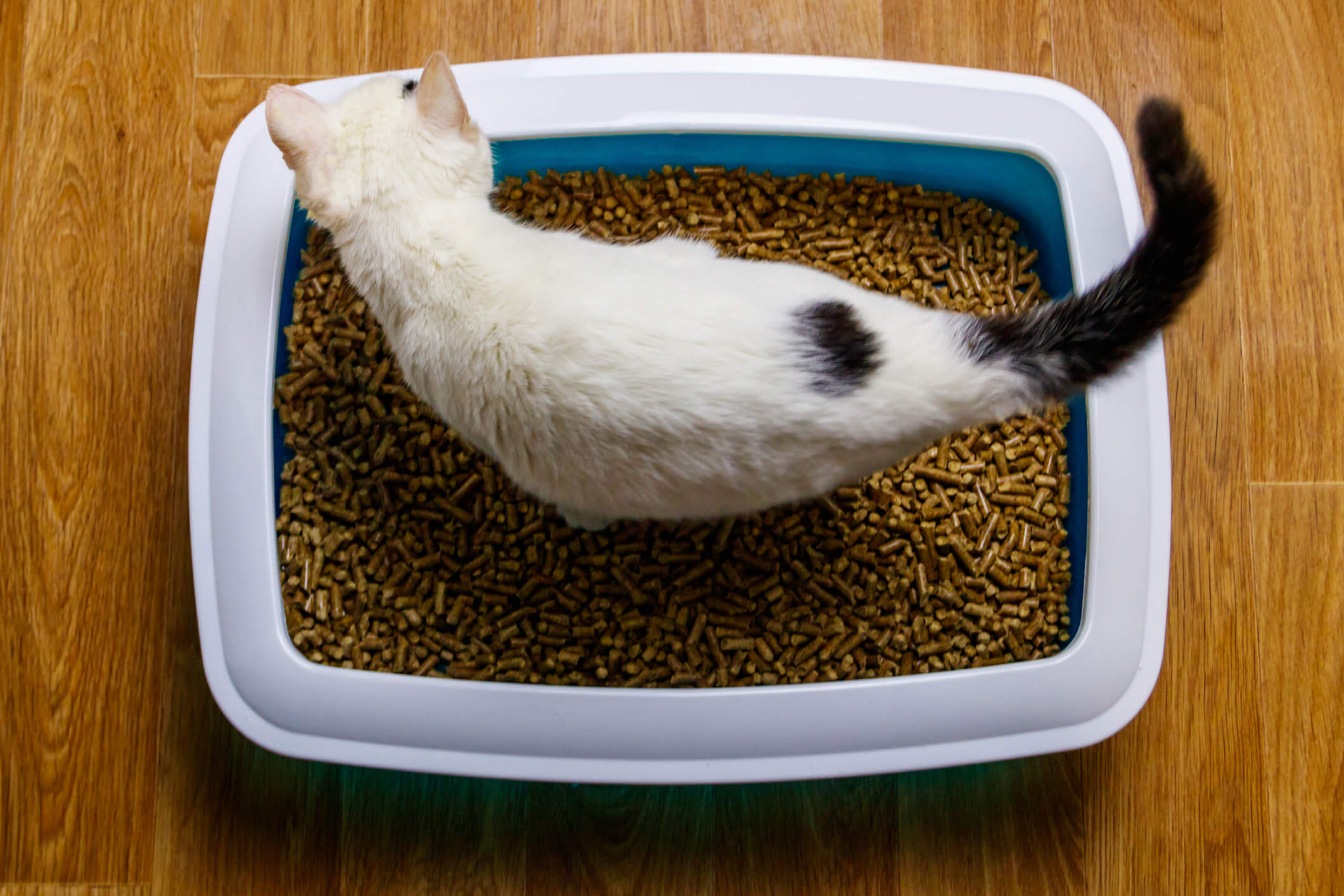
Should Cats Take Probiotics?
Probiotics have long been praised for their ability to boost healthy digestion among humans. After experiencing the health benefits for themselves, pet parents have started to wonder if probiotics can alleviate digestive upset in their feline friends, as well. Cats are no strangers to vomiting and constipation, and it’s only natural that pet parents want to help.
The good news is that kitties can greatly benefit from taking a daily probiotic supplement. Consider the many benefits of probiotics for cats and how to add them to your kitty’s diet.
What are probiotics?
Probiotics are live, beneficial bacteria that promote gut health. These active cultures usually appear in fermented foods and supplement forms, and one dose can provide billions of good bacteria. Probiotics balance your cat’s gut microbiome—a delicate ecosystem inside the gastrointestinal tract that consists of both good and bad bacteria.
Before giving your cat probiotics, it’s important to know the difference between probiotics and prebiotics. While probiotics are live bacteria, prebiotics are the food that helps good bacteria grow. Prebiotics usually consist of fiber sources found in fruits and vegetables, although you can also get them from supplements.
Benefits of probiotics for cats
Probiotics offer many health benefits for cats. Their main purpose is to promote a healthy digestive system by adding good bacteria to the gastrointestinal tract. When consumed on a regular basis, probiotics can alleviate signs of digestive upset such as vomiting, constipation, diarrhea, gas and loss of appetite.
Every cat can benefit from probiotics, but these supplements are especially useful in treating digestive disorders. Inflammatory bowel disease (IBD) is a type of digestive disorder that’s become very common among adult cats. IBD occurs when inflammatory cells flood the intestinal walls, which irritates the lining and prevents it from absorbing nutrients. Probiotics restore the gut’s pH balance and reduce inflammation along the intestines.
Probiotics become even more important when a vet prescribes antibiotics for your cat. Antibiotics are great for clearing up bacterial infections, but they also wipe out much of the good bacteria in your kitty’s gut. The absence of healthy bacteria can lead to vomiting and diarrhea during antibiotic treatment. Feed your cat probiotics along with their prescribed medication to reduce digestive problems. It’s also ideal to give them probiotics several weeks after finishing treatment, because good bacteria take a while to grow back.

Probiotics can also boost your cat’s immune system. Digestive and immune health are closely linked to each other because many types of immune cells live in the gastrointestinal tract. When digestion improves, so will the immune system. Good bacteria are essential for fighting off pathogens that cause infections, so a healthy digestive system means your kitty won’t get sick as often.
Additionally, what many pet parents don’t realize is that probiotics can aid cats during times of stress. Many environmental factors can trigger stress, such as a new family members, guests in the home or staying overnight at boarding facilities. A stressed cat may experience digestive upset, which is where probiotics come in handy. Give your cat probiotics before a stressful event to help them cope with the change and keep their digestive health in check.
Types of probiotics to look for
Pet parents have to make sure the types of probiotics they purchase are safe for cats. Don’t feed them human probiotics, because a cat’s gut microbiome is very different from our own. Ask your vet to recommend probiotics in a capsule or powder form that’s approved for use in cats. You can also buy probiotic-rich foods and treats if your kitty refuses to take a supplement.
Probiotic supplements offer a range of bacterial species that can bolster your cat’s gut health. Different species offer different benefits, so ask your vet which probiotics are best for your kitty’s specific needs. Most probiotics will contain bacteria from the Bifidobacterium or Enterococcus family. Bifidobacteria dwell in the small intestine and help with nutrient absorption. Enterococi live in the colon, where they help form healthy stool.
Unless your vet is treating a specific condition, the type of bacteria matters less than diversity. The more bacteria species present, the healthier your kitty’s gut will be. You should also look for probiotics with high colony forming units (CFU). CFUs are measured in the billions and tell you how many live microorganisms are inside the supplement.
Probiotics are not only safe but highly recommended for most cats. Consult your vet before adding probiotics just to be safe. Like all nutritional supplements, probiotics might not be a good fit for some cats based on their medical history. Still, the fact remains that probiotics are an essential nutrient for maintaining a healthy gut.


